Q & A w/ Dr. Yang
One of my main messages to aspiring musicians is to approach music as a journey, not a destination. It’s important to cultivate patience, persistence, and self-compassion.
We sat down with our violin/viola teacher extraordinaire, Dr. Yang for a Q&A. She holds a Master’s degree from the Shanghai Conservatory, a second Master’s degree from the Peabody Conservatory, and a Doctorate from the University of Minnesota.
How old were you when you started taking music lessons and what was your first instrument?
I started to learn the violin when I was 3 and a half years old. My mom and I watched the televised Vienna New Year's concert. I told her I wanted to play “that thing on TV” too. So my mom started buying me a violin and looking for a teacher. Later when I entered the Conservatory, I learned more about the viola and grew to love it. So I started to learn the viola performance professionally until I graduated with my doctoral.
Who/what inspired you to become a musician and music teacher?
From an early age, music was a central part of my life, inspired by both my family’s love for music and the dedication of my music teachers. Their passion and support made me see the beauty and power of music, and I wanted to help others experience that same joy. As I grew, I found that teaching allowed me to combine my love for music with my desire to make a positive impact in people’s lives, and pass on the beauty of music.
Who or what have been the most important influences on your musical life and career?
Throughout my career, I've been influenced by several wonderful mentors who taught me not just technique, but also how to be expressive and thoughtful in my playing. Each teacher inspired me and taught me in their unique way. This enriched my understanding of teaching and made me very good at adapting my teaching style in time for different students. They instilled in me the importance of expression and perseverance. This has improved my professional abilities and has also shaped my personality, making me a more resilient person at the same time.
Tell us about your musical and teaching background.
I studied music formally, earning two master's degrees at Shanghai Conservatory and Peabody Institute, and a doctor's degree at the University of Minnesota. My journey includes both solo and professional orchestral performances, which have enriched my understanding of different musical styles and settings. Teaching became a natural extension of my passion for music. I have over 15 years of teaching experience. Working with a diverse range of students, from beginners to advanced musicians. I teach students as young as four, focusing on creating a nurturing environment where they can learn the fundamentals, build confidence, and develop a genuine love for music.
Do you have important ideas and concepts to impart to aspiring musicians?
One of my main messages to aspiring musicians is to approach music as a journey, not a destination. It’s important to cultivate patience, persistence, and self-compassion. Growth in music doesn’t happen overnight; it’s a gradual process that requires both technical skill and emotional connection to the music. I also encourage students to explore creativity and expression in their practice, making music something personal and meaningful to them.
What do you love most about teaching?
Teaching allows me to witness and contribute to each student’s unique journey of growth and discovery. I love seeing students develop not only their technical skills but also a deep appreciation for music. Helping students overcome challenges, watching their confidence grow, and seeing them find joy in their accomplishments is incredibly rewarding. Teaching also lets me share my passion and continue learning myself, as each student brings something unique to the learning process.
Do you have a practice tip you want to share with our students?
One of the most effective practice tips I can offer is to set small, achievable goals for each practice session. Rather than just focusing on time, aim to accomplish specific tasks—whether it’s mastering a challenging phrase, improving intonation, or working on rhythm. Also, incorporate focused listening and take breaks to avoid mental fatigue. Consistent, thoughtful practice is far more valuable than mindlessly going through the motions.
What do you enjoy doing when you’re not teaching, practicing, or performing?
Outside of music, I enjoy activities that allow me to relax and recharge. I love reading, exploring new genres of literature, and spending time outdoors. I also find inspiration in attending live performances and learning from other art forms.

